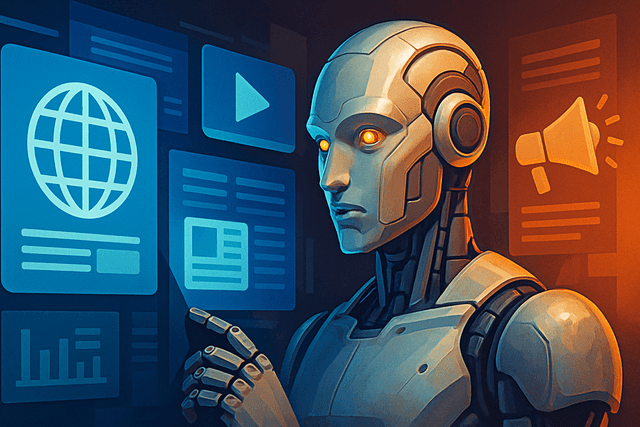The democratization of artificial intelligence has emerged as a defining tech trend of 2025, with powerful AI capabilities now accessible to organizations and individuals regardless of their technical expertise or budget constraints.
According to recent industry reports, AI adoption among small businesses has increased by approximately 25% over the past three years, with projections suggesting a further 50% increase by the end of 2025. This surge is largely driven by the availability of user-friendly, plug-and-play AI solutions that require minimal technical knowledge to implement.
The shift toward democratized AI is evident across multiple sectors. In healthcare, AI-powered diagnostic tools with transparent machine learning platforms are enhancing trust in clinical decision-making. Educational institutions from K-12 to universities are integrating AI literacy into their curricula, with Mississippi's partnership with Nvidia for statewide AI education serving as a notable example.
Cloud-based AI services and open-source frameworks have been key enablers of this democratization trend. Tools like ChatGPT and Microsoft Copilot now allow small businesses to automate customer service, streamline workflows, and enhance marketing efforts without requiring specialized AI teams. The development of edge AI technologies, which enable models to run directly on devices rather than in the cloud, further expands accessibility while addressing privacy concerns.
However, challenges remain. A recent study revealed that AI-generated code can contain up to 40% security vulnerabilities, highlighting the continued need for human oversight. Additionally, concerns about AI-driven misinformation and the potential impact on employment markets persist, with predictions that AI could significantly transform many entry-level white-collar jobs within the next 1-5 years.
Despite these challenges, the democratization of AI represents a fundamental shift in how technological innovations reach mainstream users. As one industry analyst noted, "The narrative has shifted from 'AI will take your job' to 'AI will change your job' – with an emphasis on augmentation over replacement." This perspective underscores the evolving relationship between humans and increasingly accessible artificial intelligence tools.

